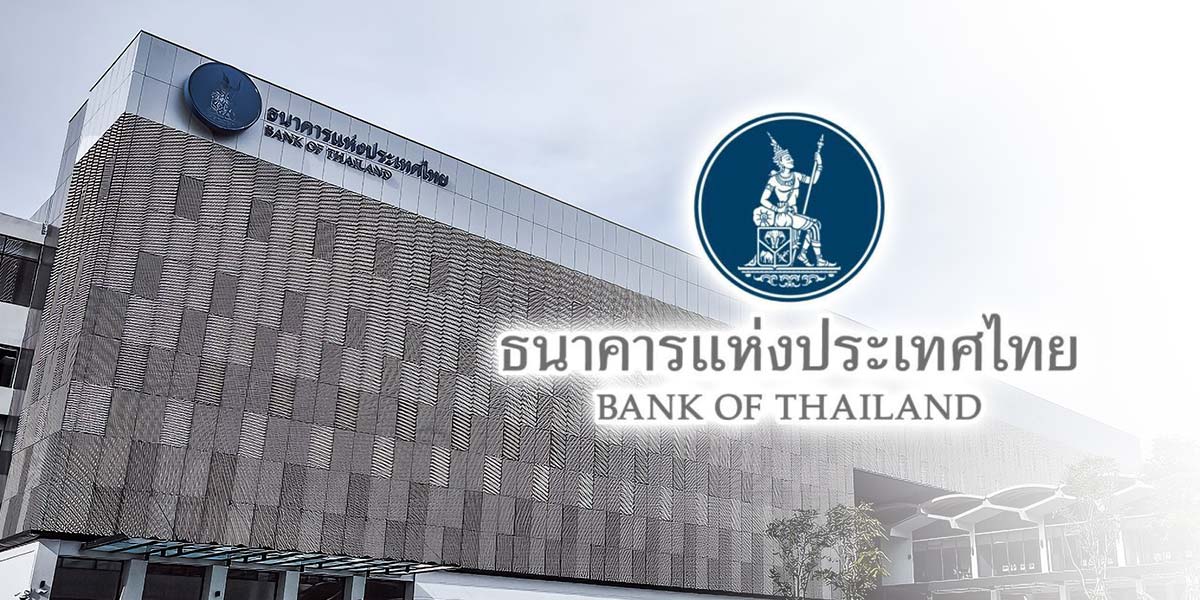According to a recent Reuters poll, the Bank of Thailand (BOT) is widely anticipated to reduce its benchmark interest rate by 25 basis points at its meeting on Wednesday, seeking to support a sluggish economy strained by the appreciating baht and intensifying U.S. tariffs.
The prospect of monetary easing comes as policymakers confront fragile tourism and export sectors, both pressured by the stronger currency.
Although the key policy rate stands at 1.50%, minutes from the BOT’s August session suggested that decision-makers see the necessity for an accommodative monetary policy stance to provide ongoing support for the economy.
This dovish outlook has been reinforced under the leadership of the new governor, Vitai Ratanakorn, and persistent episodes of negative inflation have further solidified expectations for a rate cut on October 8.
Of 26 economists surveyed by Reuters between September 29 and October 6, over 70% anticipate that the central bank will trim its one-day repurchase rate to 1.25% this week. Six respondents expect policy to remain unchanged. Only one foresees a more substantial 50 basis-point reduction.
As per economists, recent economic data indicate that Thailand’s growth momentum has weakened. Exports to the United States have slowed considerably, production in the agricultural and industrial sectors has contracted, and tourism arrivals continue to lag. These headwinds are partly attributed to the baht’s strength, which has eroded the competitiveness of Thai exports. Until last month, the currency had surged more than 8% since the start of the year before retreating modestly.
Despite the case for easing, some argue that it may still be premature for another rate cut. Amonthep Chawla, head of research at CIMB Thai Bank, explained that the decision to cut or hold rates hinges on whether the authorities prioritize short-term economic stimulus or wish to maintain monetary policy flexibility to address potential challenges in the year ahead.
Looking forward, the majority of analysts—13 out of 21 polled—predict the policy rate will stand at 1.25% by the end of 2025, while the rest forecast a cut to 1.00%, a position that previously garnered minimal support.
Separately, median projections from the survey suggest Thailand’s economy will expand by 2.0% this year, with growth easing slightly to 1.8% in 2026. Inflation is also expected to remain muted, averaging just 0.1% in 2025 before edging up to 0.6% the following year.
Chawla added that the economic upturn may not be robust in the second half of 2025, as trade tensions could depress confidence. However, analysts expect that the recovery will gradually strengthen later in 2026, partly supported by anticipated fiscal stimulus from the new government, which is likely to focus on living costs and consumption.





